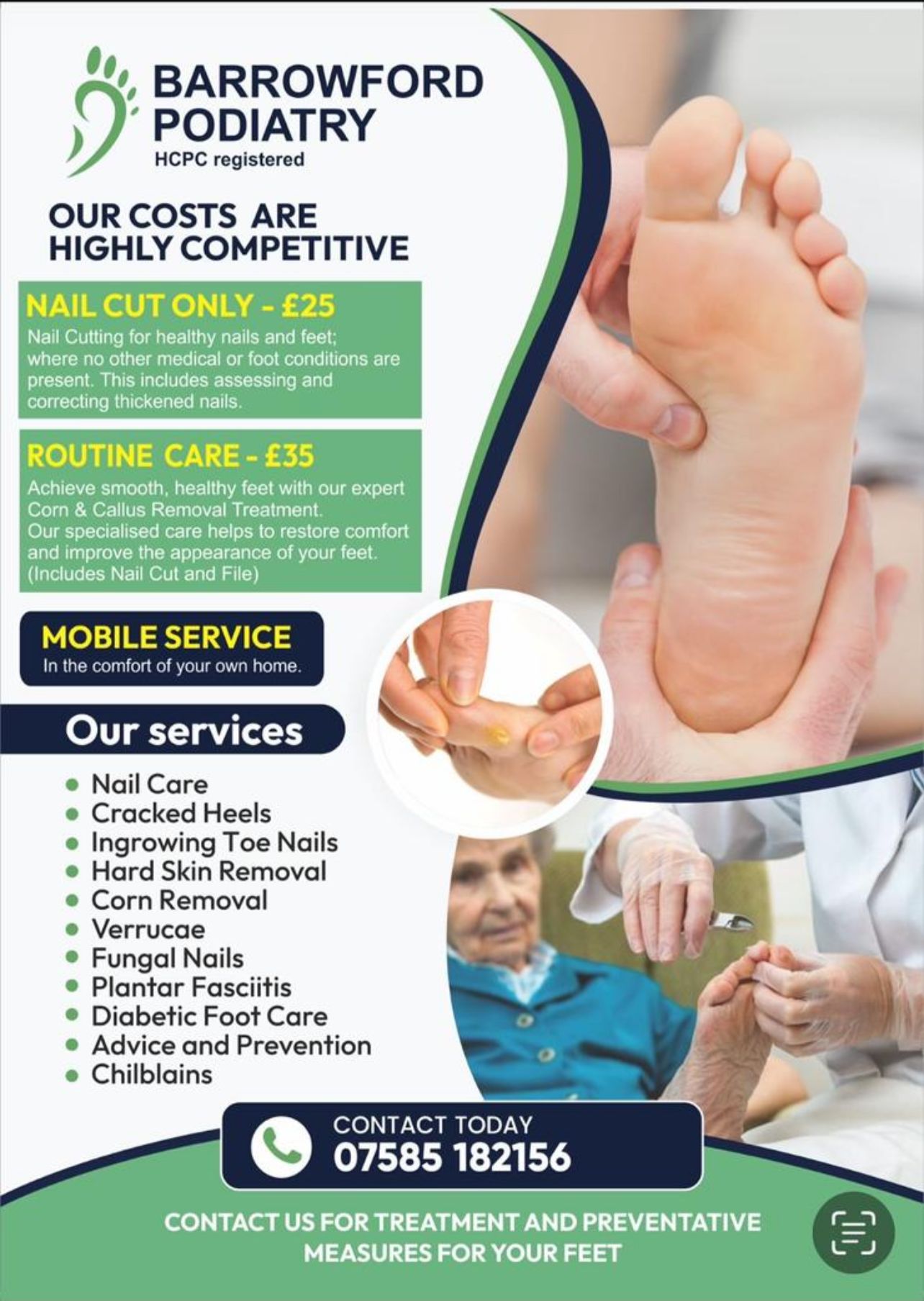Personal and continence care encompasses a wide range of daily tasks that are essential for maintaining an individual’s hygiene, comfort, and overall well-being. These tasks begin with supporting someone in getting out of bed and preparing for the day, including assistance with washing, bathing, or showering. Personal hygiene routines such as brushing teeth, caring for skin, and grooming hair are also vital components, helping individuals feel refreshed, confident, and dignified. Dressing and undressing, whether for the day or bedtime, are also key elements of this care, ensuring that individuals are appropriately clothed and comfortable.
Continence care is a particularly sensitive but crucial aspect of personal support. It involves helping individuals manage their toileting needs with dignity and respect. This may include assistance with using the toilet, managing incontinence products, and emptying commodes. Maintaining cleanliness and preventing discomfort or infection are top priorities, and care must be delivered with empathy and discretion. Ensuring that individuals feel secure and supported in these intimate tasks is fundamental to preserving their self-esteem and quality of life.
In addition to physical support, personal and continence care often includes prompting or reminding individuals to take their prescribed medication. This is especially important for those with memory difficulties or complex medication routines. By integrating medication support into daily care, caregivers help ensure that health conditions are managed effectively and consistently. Altogether, personal and continence care is not just about physical assistance—it’s about promoting independence, dignity, and a sense of normalcy in everyday life.





